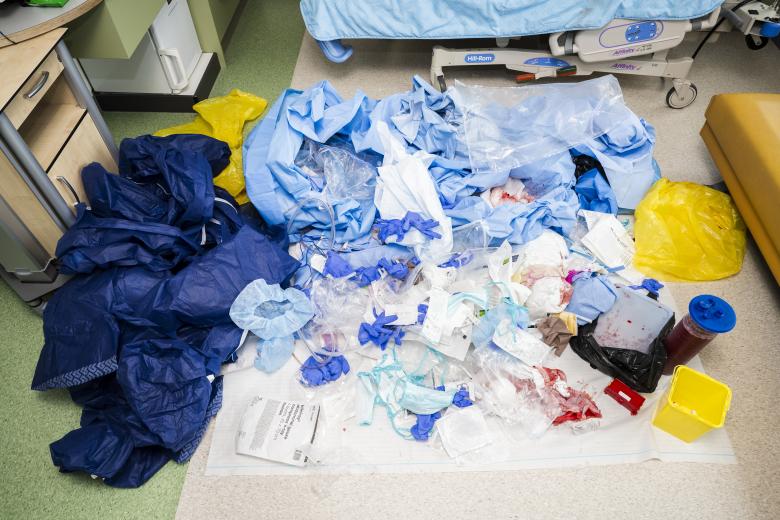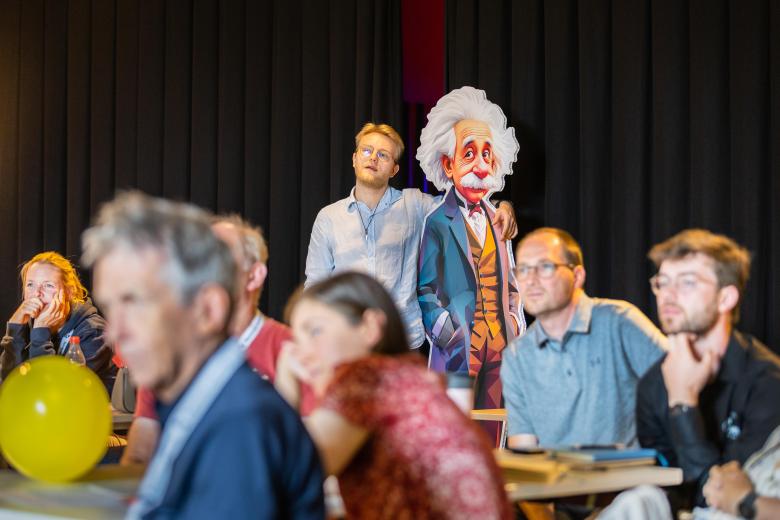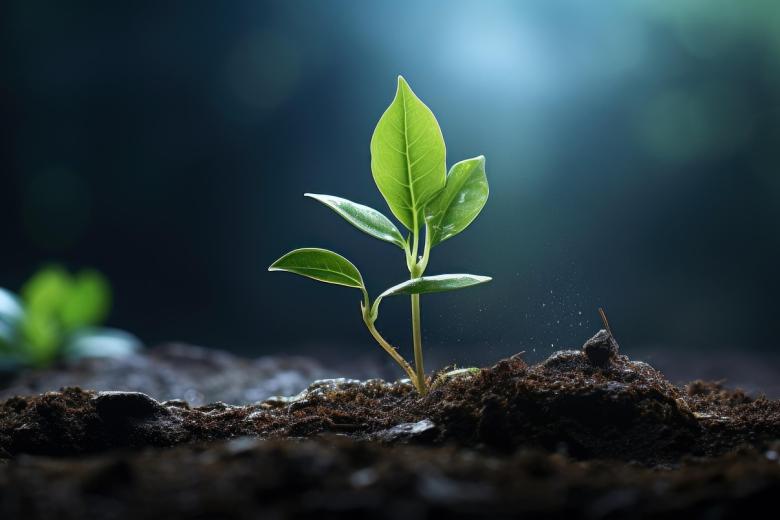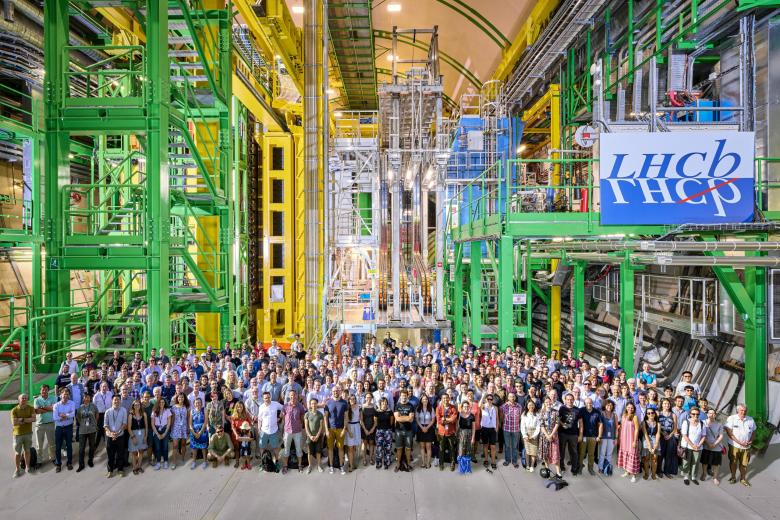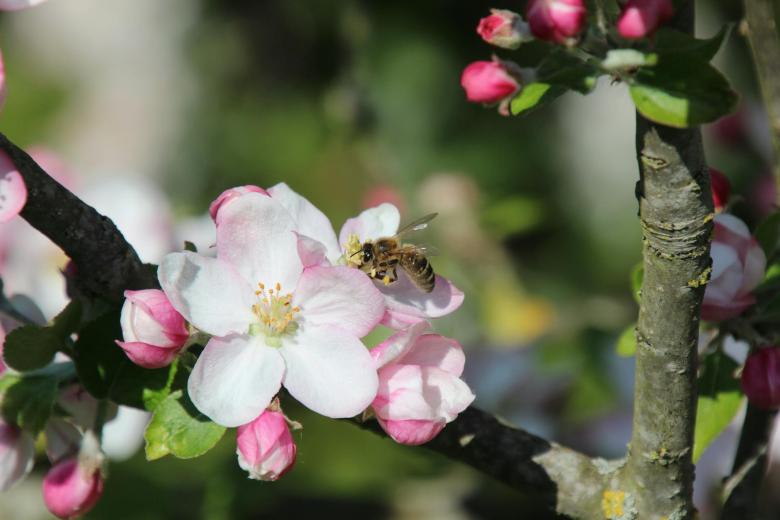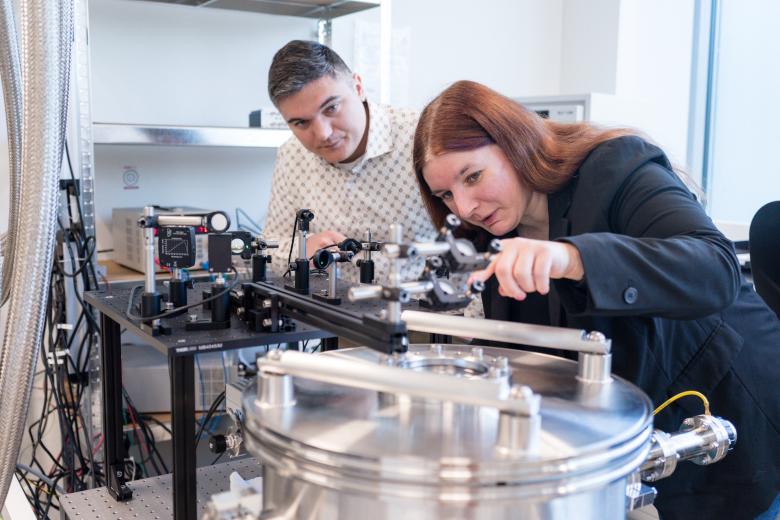Faculty of Science and Engineering
The Faculty of Science and Engineering (FSE) is home to several outstanding departments in education and research. Students and scientists contribute to education programmes at the bachelor's, master's and PhD levels and take part in innovative research in the fields of science, technology, engineering and mathematics.

